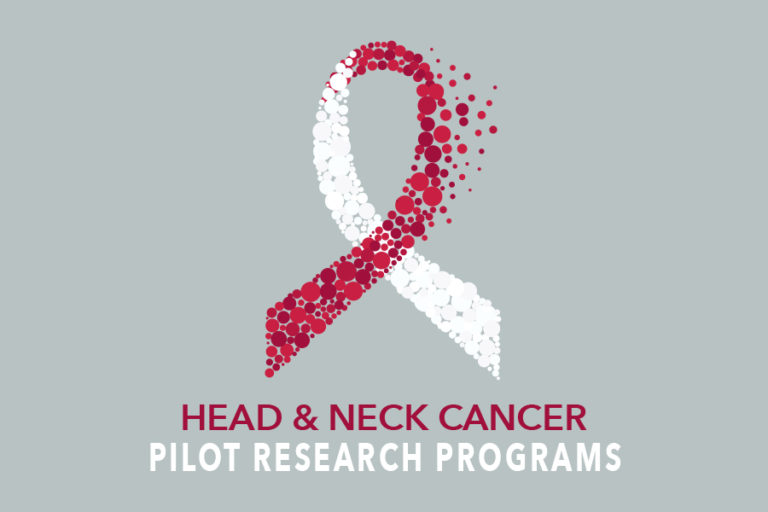The Developmental Research Program will support new and highly innovative approaches to study head and neck cancer (HNC) with the aim of improving overall survival and quality of life for those with this disease. It is envisioned that the innovative developmental projects supported by this program will continue to impact HNC care by maturing into full projects that qualify as replacement projects for the Wisconsin HNC SPORE or successfully compete for other investigator-initiated extramural funding opportunities.

Director: Susan Thibeault, PhD
Professor of Surgery and
Communication Sciences and Disorders
University of Wisconsin

Co-Director: Timothy McCulloch, MD
Otolaryngologist
Professor of Surgery
University of Wisconsin
The Developmental Research Program of the Wisconsin Head and Neck SPORE seeks to fund pilot project applications that will:
- Attract experienced investigators to the field of Head and Neck Cancer (HNC)
- Promote basic, clinical, and translational HNC research
- Result in preliminary data to support successful competitive national grants (R01 or equivalent)
Proposed translational research is expected to address one or more of the following:
- Diagnosis, prevention and/or treatment of HNC
- Improved understanding of underlying biological mechanisms of HNC
- Identification of novel biomarkers and/or imaging modalities in HNC
Please review our website to find more information regarding HNC research projects, previously awarded HN SPORE pilots, and resources available from the HN SPORE Biostats and Pathology/Biospecimen Cores.
ANNUAL PROJECT PERIOD: Aug. 1 – Jul. 31
FUNDING LEVELS: $25,000-$50,000 per year (2nd year dependent on competitive renewal)
ELIGIBILITY: Funds from this program will support Wisconsin faculty (including Assistant, Associate and full Professor; tenure-track, research and CHS) who have not received a prior HN SPORE pilot within 2 years (except in cases of competitive renewal).[1]
The University of Wisconsin is an equal opportunity/affirmative action employer. The SPORE program places special emphasis on recruiting women and minorities. Final recommendations for funding will be made by the DRP leadership and the HN SPORE pilot review committee.
[1] Prior recipients of H&N SPORE pilot funding are welcome to reapply, however there must be a 2 year gap between completion of prior funding and new application. For example, a 2022 pilot award recipient who earned a 2023 renewal is funded through 2024 and would therefore become eligible for new HN SPORE application in 2026.

Application Resources
-
DRP detailed RFA
-
NIH Biosketch template
-
Pilot Budget template
-
Budget justification template
-
HN SPORE Path Core
-
HN SPORE Biostats Core
-
Example DRP Pilot Awards
Standard Timeline:
- Feb 1: Letter of Intent deadline
- Mar 1: Application deadline
- May-Jun: Awardees notified
- Aug 1 – Jul 31: Annual project period